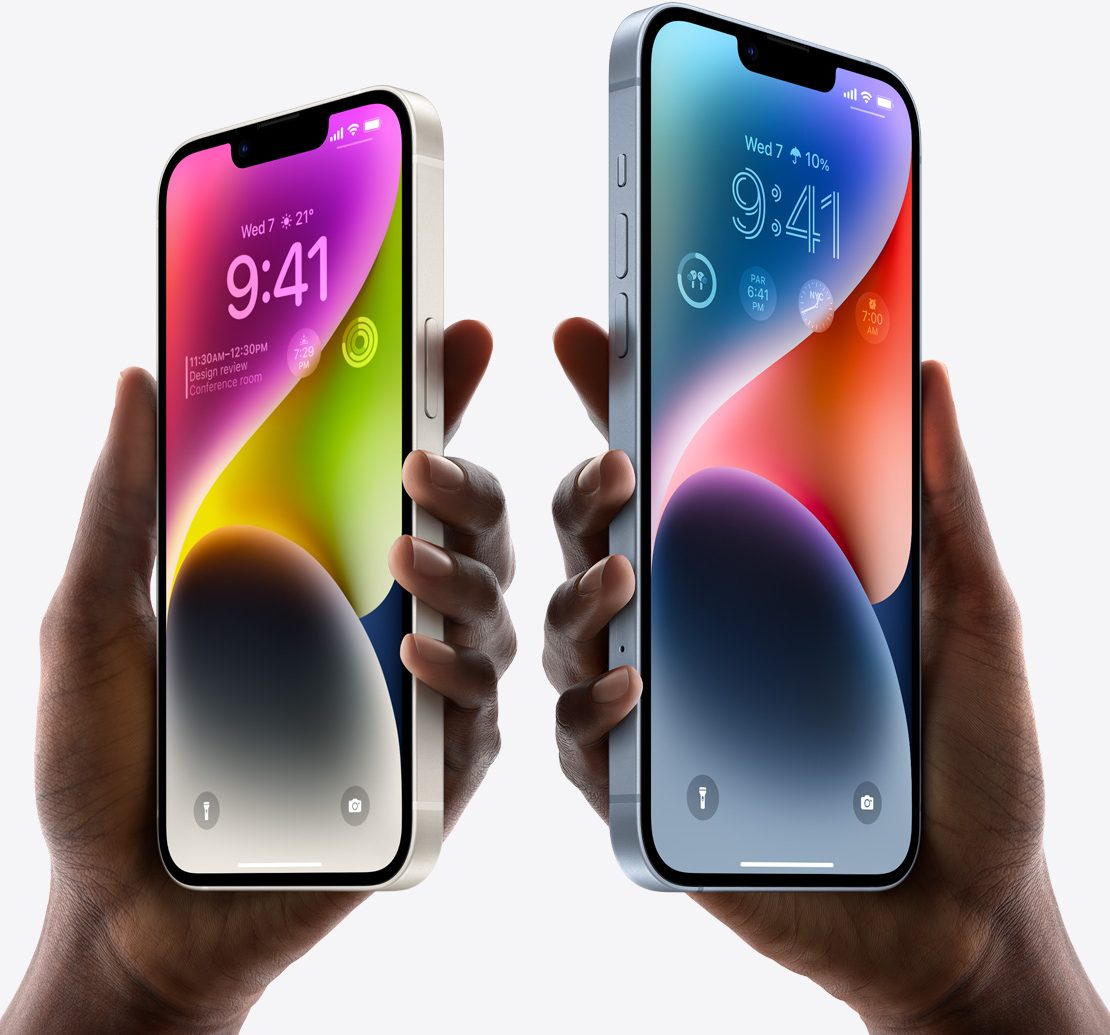Starting with the recently launched iPhone 14, Apple will no longer provide the option of inserting and removing a physical SIM card. Instead, they will use an eSIM — a digital replacement for SIM cards. These eSIMs are hardwired into the phone as opposed to being external.
Apple had initially introduced this feature for their iPhones back in 2018. However, this was optional, but iPhone 14 has entirely done away with the physical SIM card in favour of the eSIM.
“With eSIM you can quickly transfer an existing cellular plan or get a new cellular plan, all digitally,” CNN quoted Kaiann Drance, VP of iPhone marketing for Apple, who spoke at a press event on Wednesday.
According to The Federal Communications Commission, this move may also be beneficial in terms of security. It will reduce the risk of SIM cards being stolen to break into the SIM card holder’s personal information and reset their accounts.
However, there is a section of people voicing their grievances about Apple’s decision. International travellers are worried about travelling to places that don’t support eSIMs. Until now, they had the option of switching out their physical SIM card while in a new country. Those with iPhone 14s will no longer be able to do so. Some people online have raised concerns regarding buying iPhone 14s from the US while residing in a country that does not support eSIMs. This could potentially render the purchase useless, since they will not be able to use the iPhone.
In India, Jio, Airtel and Vi support eSIMs, so iPhone 14 users can make the switch without above-mentioned concerns.
To all my Caribbean people that are currently considering getting a new iPhone from the iPhone 14 lineup, please keep in mind that the Caribbean does not support eSIM, and iPhone 14s from the US will ONLY support eSIM.
Don’t go buying an iPhone that you can’t use. pic.twitter.com/6DOSHwdtOh
— pilotJones??♂️ (@hanleykevon) September 7, 2022
Thus, while the pros are many, there is enough criticism for the digital SIM card as well. What’s left to see is whether other cell phone companies will jump onto the bandwagon as well.




